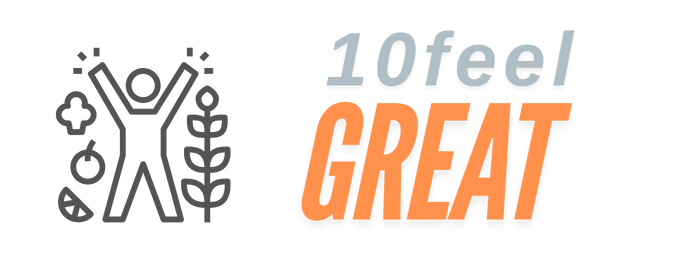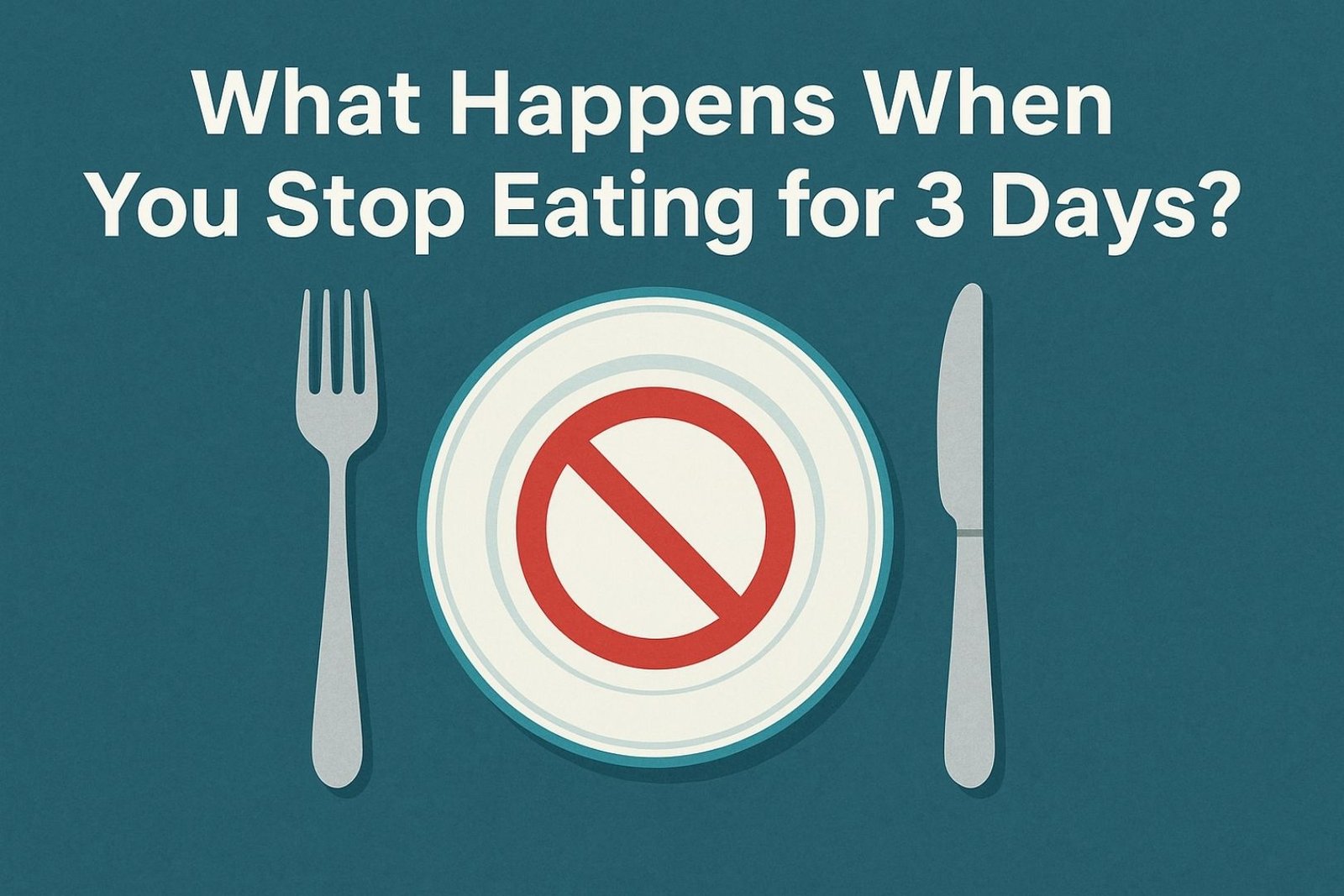Let’s take a closer look at what happens when you stop eating — not forever — but just for three days.
Insulin Resistance: The Hidden Problem Behind Disease
We often hear about blood sugar, diabetes, and obesity. But behind all these problems is something called insulin resistance.
Here’s how it works:
Every time you eat, your body releases insulin. That’s a hormone that helps move sugar from your blood into your cells. But when you eat too often — even small meals or snacks — your insulin stays high.
Over time, your cells stop listening to insulin. That’s insulin resistance. And when that happens, your cells can’t get the fuel they need. This leads to:
- Fatigue
- Weight gain (especially around the belly)
- Inflammation
- Higher risk of diabetes and heart disease
Surprisingly, insulin resistance doesn’t come from not eating. It comes from eating too frequently.
Fasting Works — Even Better Than Most Diets
Many diets tell you to eat five or six small meals a day. But this keeps insulin levels high all day. That slows down your metabolism over time.
Fasting gives your body a break. It lets your insulin drop and your cells reset.
Even short-term fasting — like eating only from 12 p.m. to 6 p.m. each day — can help. That’s called intermittent fasting.
But if you fast for 24 to 72 hours, the benefits multiply. Your body shifts from storing fat to burning it, your brain feels clearer, and your mood improves.
What a 72-Hour Fast Does to Your Body
So what exactly happens when you don’t eat for three days?
- Day 1: Your insulin drops. You burn the sugar stored in your liver (called glycogen). You may lose a little water weight too.
- Day 2: Your body starts burning fat. Most of your energy comes from ketones, not sugar.
- Day 3: Your brain gets sharper. Your inflammation drops. Your body begins deep cellular cleanup.
This deep cleanup is called autophagy. Your body breaks down old, damaged cells and uses the parts to build new ones. It’s like a self-cleaning oven for your body.
Fasting Boosts Hormones, Brain, and Immunity
Here’s what else happens when you fast for 72 hours:
- Growth hormone increases — up to 20 times more than normal. This helps you burn fat and protect your muscles.
- Your brain uses ketones for fuel. You may feel more focused and calm.
- Your immune system activates. Your body starts fighting hidden viruses and old infections.
- You may even grow new brain cells.
That’s right — fasting helps your brain grow and clean itself.
What to Do Before and After a Long Fast
Before you start a prolonged fast, be prepared.
- Drink plenty of water.
- Add sea salt, about 1 teaspoon per day, to avoid feeling weak.
- Use magnesium and potassium supplements if needed.
When you end your fast, be gentle. Don’t eat a heavy meal right away. Start with:
- Bone broth
- Light vegetables
- One egg
Wait a few hours between each small meal. The next day, return to your regular eating schedule. Avoid loading up on carbs too soon. That can make you feel sick.
Fasting Isn’t Starving — It’s Healing
A 3-day fast isn’t about starving. It’s about healing.
When you stop eating for a short time, your body gets to rest, reset, and repair. You don’t need fancy treatments. You already have the power inside you.
Just give your body time — and space — to work its magic.

